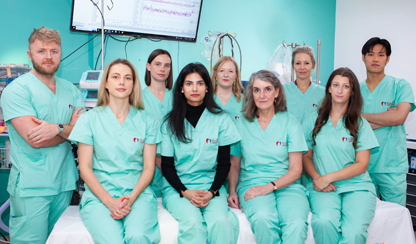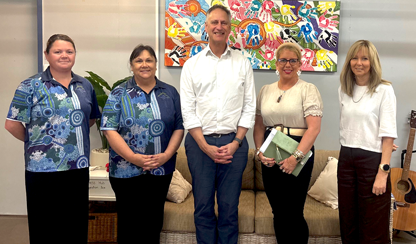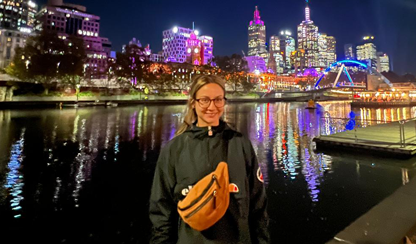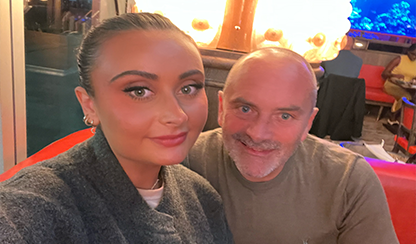07 April 2025
Institute news

Scott joined our Translational Cardiology Centre as an Honours student last year. He wasn’t sure benchtop research was for him, but he’s really found his place in Dr Dan Donner’s growing team, joined the student committee and is excited about what lies ahead as he embarks on his PhD.
What attracted you to the Institute?
I was completing my undergrad biomedical science degree at Monash University, and I attended the open evening with little expectations. I wasn’t convinced that I wanted to pursue a career in bench-top research, but I met Dan Donner and a whole new world of possibility opened up — that involved hands-on preclinical and uniquely translational work.
What’s your area of focus?
I’m working with clinical technologies to better understand the determinants of successful resuscitation and neurological outcomes following resuscitation to improve cardiac arrest patient care. There aren’t a lot of treatment options, so there’s a big opportunity to do more.
You’re gaining some specialised skills. Please expand…
I work in a niche area, and I’m gaining specialised, technical skills and knowledge. There aren’t many places, certainly in Australia, that do this kind of work. I’m surrounded by cardiologists, intensivists, industry experts and researchers who are working together towards a common goal. It’s exciting.
You talk about a sense of belonging since joining the group. Explain…
I was a bit lost when I was finishing my biomed degree. I wasn’t sure what I wanted to do. Since joining Dan’s group, I feel a real sense of belonging — it’s collaborative, dynamic, inspiring and part of what motivates me.
You’re on the student committee. Tell us about that…
I tend to be introverted so I made a resolution to be more social, to step outside of my comfort zone. I think it’s important to get involved in groups like the student committee and to attend events, like our monthly mixers.





